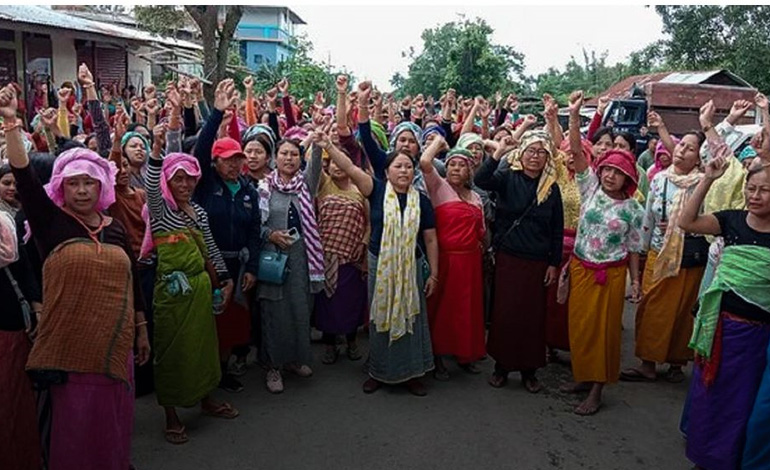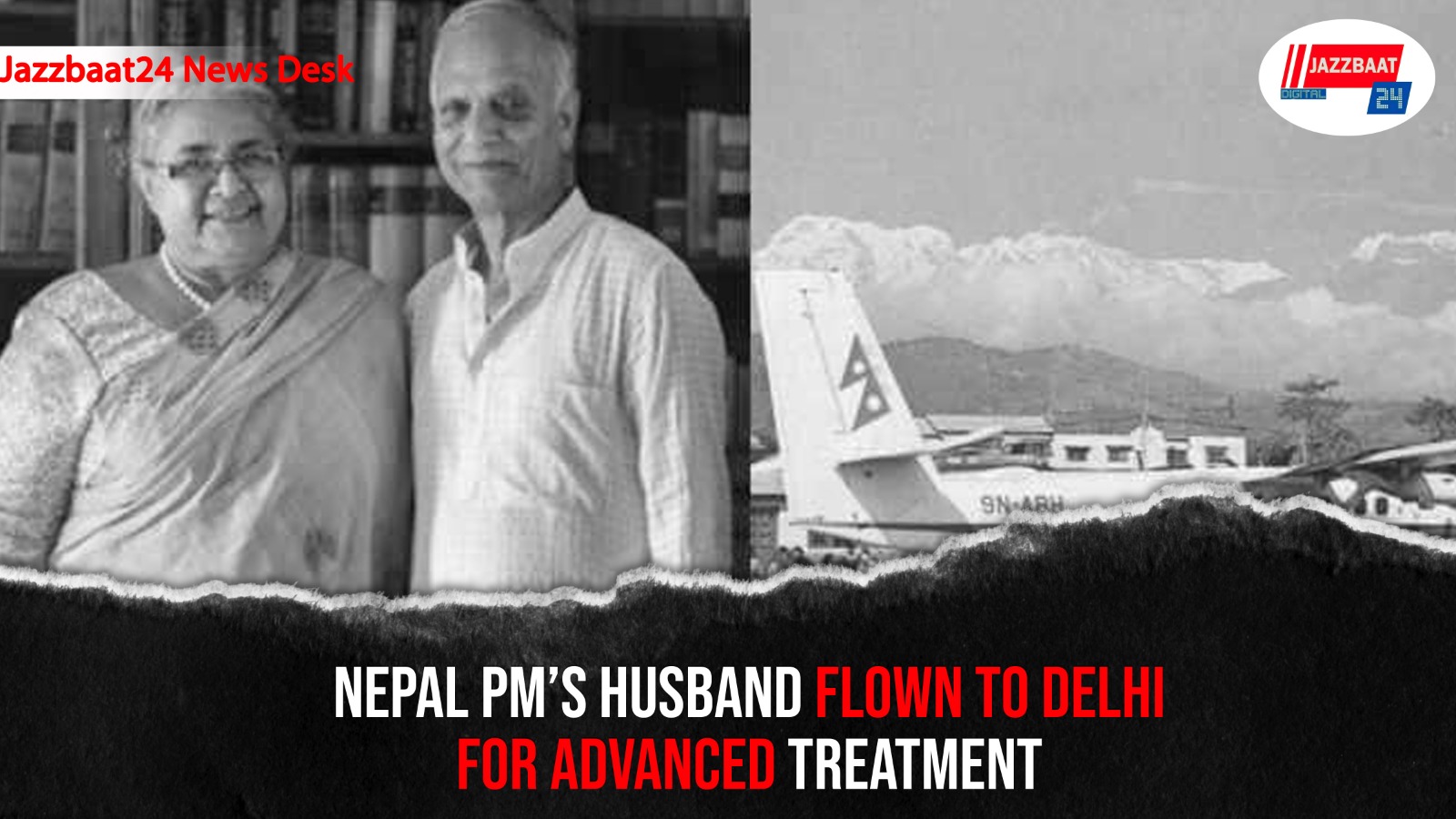In recent months, Manipur, a state in northeastern India, has witnessed a remarkable movement for change, with women at its very heart. From rural villages to urban centers, women have come together in solidarity, demanding equality and justice in a society where they have long been marginalized. Their unwavering determination and resilience have captured the attention of the nation, shedding light on the systemic challenges faced by women in Manipur.
At the forefront of the movement are the "Meira Paibis" or torchbearers of justice. These women, mostly from rural areas, have organized themselves into grassroots organizations that fight against corruption, violence, and discrimination. Through their activism, they have become the driving force behind the demand for a fairer and more inclusive society.
The Meira Paibis have been instrumental in challenging patriarchal norms and addressing issues such as domestic violence, gender-based discrimination, and land rights. They have held protests, rallies, and sit-ins, mobilizing both women and men to stand up against injustice. Their courage and determination have earned them widespread admiration and respect.
One of the major issues that the women of Manipur are fighting against is the Armed Forces Special Powers Act (AFSPA), a controversial law that grants special powers to the armed forces in conflict zones. Women in Manipur have long been victims of human rights abuses under this law, including cases of rape and extrajudicial killings. The Meira Paibis and other women's organizations have been demanding the repeal of AFSPA, seeking justice for the victims and an end to impunity.
Moreover, women have also been actively participating in the political sphere, challenging the status quo and advocating for greater representation. Many women leaders have emerged from the grassroots movement, contesting elections and making their voices heard in the corridors of power. Their presence has brought fresh perspectives and a renewed focus on issues affecting women and marginalized communities.
The resilience of Manipuri women is deeply rooted in their history. The state has a long tradition of women's activism, with iconic figures like Irom Sharmila, who went on a 16-year hunger strike to protest against AFSPA. Sharmila's unwavering determination inspired countless others to join the fight for justice.
The current wave of activism has also witnessed the active participation of young women, who are using social media platforms to amplify their voices and connect with like-minded individuals. They are organizing online campaigns, sharing personal stories of resilience, and advocating for change in a digital landscape.
The solidarity among women in Manipur has sparked hope for a brighter and more equitable future. It has compelled society to recognize the vital role women play in shaping communities and to acknowledge their rights as equal citizens. By challenging deep-rooted gender norms, these women are reshaping the narrative and creating space for the next generation to thrive.
In conclusion, the women of Manipur are at the forefront of a movement that is demanding equality, justice, and an end to systemic discrimination. Their activism has brought attention to long-standing issues and has fostered a sense of empowerment among women across the state. With their unwavering resolve, they are paving the way for a more inclusive and just society, where women's rights are recognized and respected.





